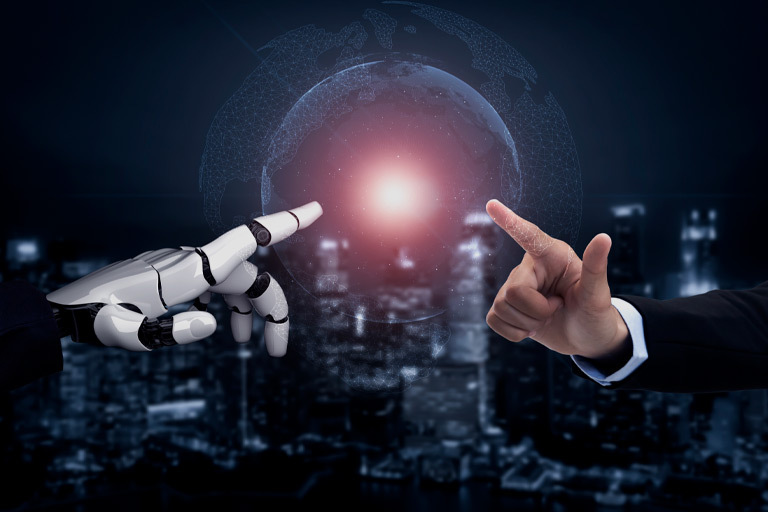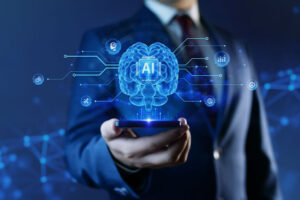The role of the Chief Information Officer is changing faster than ever, with artificial intelligence pushing the position well beyond its traditional focus on technology management.
At the NZ CIO Summit in Auckland, Jonathan Rickard, Chief Technology Officer for Microsoft CX at Fusion5, explained that CIOs are now expected to guide digital transformation across the entire business. What was once a job about running systems and keeping operations stable has become a role at the centre of strategy, innovation, and growth.
From Keeping the Lights On to Driving Change
Recent research highlights how quickly the role has shifted. At this year’s Sydney CIO Summit, nearly half of the CIOs surveyed said innovation and strategy now dominate their responsibilities, double the number who said the same five years ago. A large majority reported direct involvement in shaping revenue opportunities and influencing broader business decisions.
Rickard compared the impact of AI to earlier advanced technologies such as the steam engine, the internet, and smartphones. Each began with hype, followed by doubt, before becoming embedded in everyday business life. He stressed that the real advantage comes when organisations build AI deeply into their processes, rather than using it only to replace existing tools.
The Rise of Digital Co-Workers
Fusion5’s Troy Gerber believes that AI will soon be a visible presence in the workforce itself. He expects that within two years, about 30 percent of staff will be digital agents, AI systems working alongside employees, not in place of them. CIOs, he said, will be responsible for managing this integration and making sure businesses see productivity gains from their investment.
Targets are ambitious. Many organisations are already aiming to save two hours of work per employee each week through AI. At the same time, CIOs are being asked to foster a culture where teams are ready and willing to adopt new technologies, an expectation that overlaps with traditional HR responsibilities.
Innovation From the Bottom Up
The flow of innovation is also changing. Instead of being dictated from the top, many employees are experimenting with consumer-grade AI tools and pushing for their adoption at work. CIOs are expected to respond by providing secure, scalable solutions, echoing the shift seen when smartphones overtook traditional mobile phones and sparked the app economy.
Fusion5 itself is using this approach. All staff are required to attend monthly AI training, and new AI agents are introduced to employees just as new human hires are. The company treats AI as a core part of its operations, and not an optional add-on.
Leading in a Hybrid Workforce
As AI agents become part of daily operations, CIOs will also need to adopt new leadership styles. Rather than relying on command-and-control structures, success will depend on encouraging collaboration, listening, and building trust between human employees and their digital counterparts.
The future of the CIO role belongs to those who can balance vision with disciplined execution, and who see AI as a driver of cultural and strategic change.







